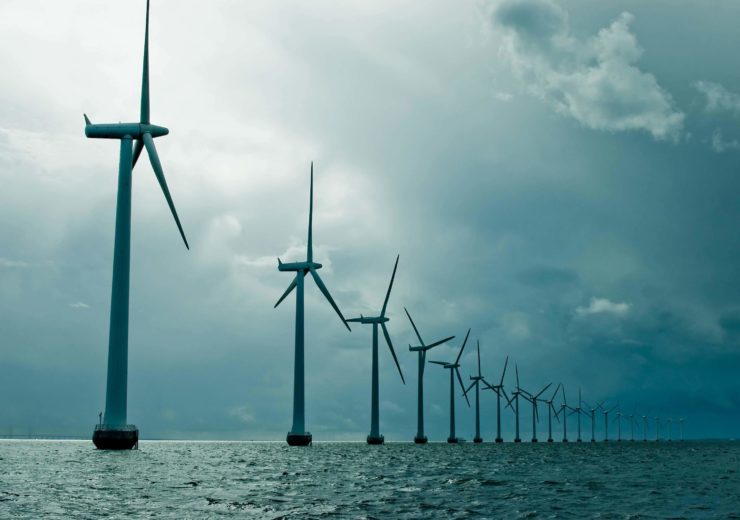FTSE Russell, a subsidiary of the London Stock Exchange Group, says the green economy is worth about $4tn and continues to rise in value as the fossil fuel sector falls

Wind power could supply half the UK's renewable energy supply in a Zero Carbon Britain model set out by the Centre for Alternative Technology
The green economy is now worth roughly the same as the fossil fuel industry, according to a new report.
The study by analyst FTSE Russell says the renewable energy industry is worth about $4 trillion (£2.98 trillion) and 6% of the market value of shares in all global listed companies.
It goes on to predict the green economy will be 7% of that value by 2030, should it continue to rise as it has done of late.
FTSE Russell, a subsidiary of the London Stock Exchange Group and a unit of its information services division, wrote: “The green economy is a significant, growing, global market opportunity, which is diversified across company size, geography and industry sector.
“No longer a loose concept, the green economy is now a measurable and definable investment priority.”
Sectors huddled under the green economy umbrella by FTSE Russell include green energy, food and agriculture, waste management and transportation companies.
Two-fifths of the green economy is held up by the eco-friendly energy management sector, with energy generation making up 11% of the eco economy, according to the report.
Economy of scale
FTSE Russell also estimated that 3,000 global listed companies were involved in these sectors – an approximate increase of 20% on the post-crash economy of 2009.
“The green economy proportion of the global market capitalisation is growing, while the fossil fuel sector shrinks,” the report added.
Data from December 2017 showed the United States is home to just over two-fifths of the green economy, while Japan and China represented 13% and 12% of the sector respectively.
The United Kingdom held just 4% of the eco economy.
Large companies have also become increasingly involved in green industries, representing about two thirds of the eco sector.
However, the report says it could be argued that small and medium-sized companies, frequently being snapped up by larger firms, are still behind many innovations.


